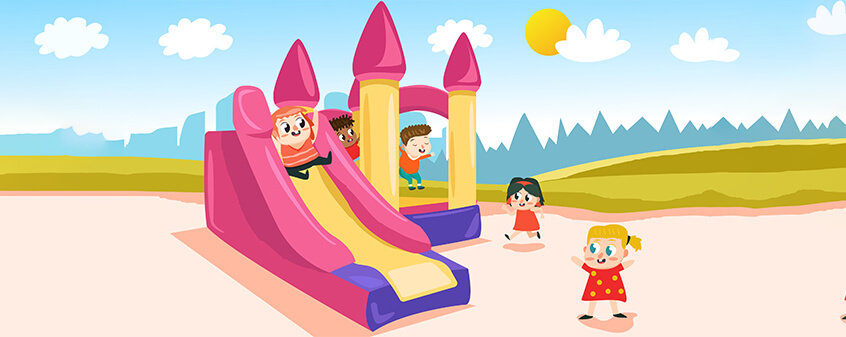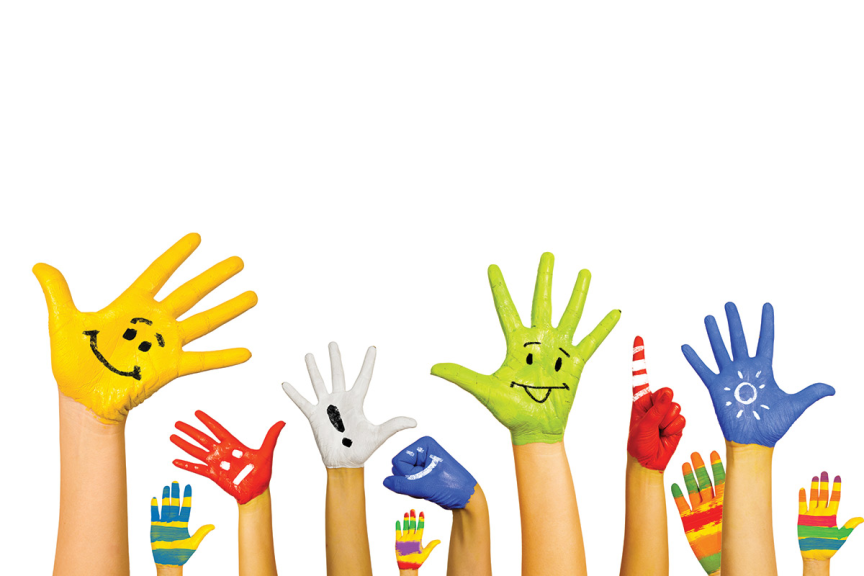Introduction:
Comparison of a child is generally made with the intention of motivating children to excel. Comparison is a common approach to ascertain the performance of your child. You compare your child’s grades with others and then determine whether your kid’s academic achievements are “normal”, better or excellent. But it produces a contradictory effect where the child feels low because it hurts the self- esteem. It causes deep-set emotional bruises which are difficult to heal. It results in aggression, antagonism, and resentment. All these qualities are detrimental to the gradual growth and progress of the students.
Negative Effects Of Comparing Your Child:
Stress: The child feels burdened if he/she is constantly being compared. Your job is not to pressurize him/her to perform and in turn making him/her anxious and insomniac.
It Suppresses Talents: When a child’s talent is not appreciated, and he/she is constantly compared to others, the child’s talent will not bloom and eventually lose the potential and talent both.
Avoids Social Interactions: If your child receives constant ridicule and taunts from you, he will gradually start avoiding public interaction in your presence.
Destroys Self Esteem: A child’s growth gets hampered when he starts believing that he is not capable enough to perform well. He will always think that he will never be able to match up the expectation of his parents.
Fosters sibling rivalry: When you compare, rather praise the other child to your child, your child may secretly start loathing his sibling. This may lead him to behave aggressively, pick fights, tease and even hit each other. You are also passing the message that the better performing child is favoured and loved more. As a result, your kid may start belittling himself.
Withdrawing from parents: Children who are constantly compared by their parents to other kids will gradually withdraw themselves from the family. These children withdraw because they do not want to cause their parent's further disappointments and hurt.
Positive Comparison Approach To Help Your Child:
§ Set benchmark instead of comparing: Appreciate the effort, even if he secures 2 marks more than the previous exam. This builds confidence.
§ Encourage to cope with the weakness: Ask if your kids need any help. Support him/her. Instead of pointing out their weaknesses, focus on their effort and their willingness to try.
§ Praise the strengths: Whatever task your child performs well, appreciate it.
§ Provide unconditional support and love: If your child couldn’t score well, do not make him/her feel that he/she has let you down or embarrassed you. Always support your child. Engage in a pep talk, encourage him/her to practice more and always appreciate his/her efforts in public.
Conclusion:
Every child is different. In the present age, where competition has spread its tentacles in every walk of life, it is crucial to teach our kids to be grounded. And comparing them at each step will just not help. They should be taught to better themselves with each day, not to be better than their counterparts. You must not rob the joy out of your child’s life and allow him the space to grow and prove his merit. No one is perfect encompassing excellence in all the fields of performance is it sports or academics. Hence the only thing which helps is positive comparison approaches.








